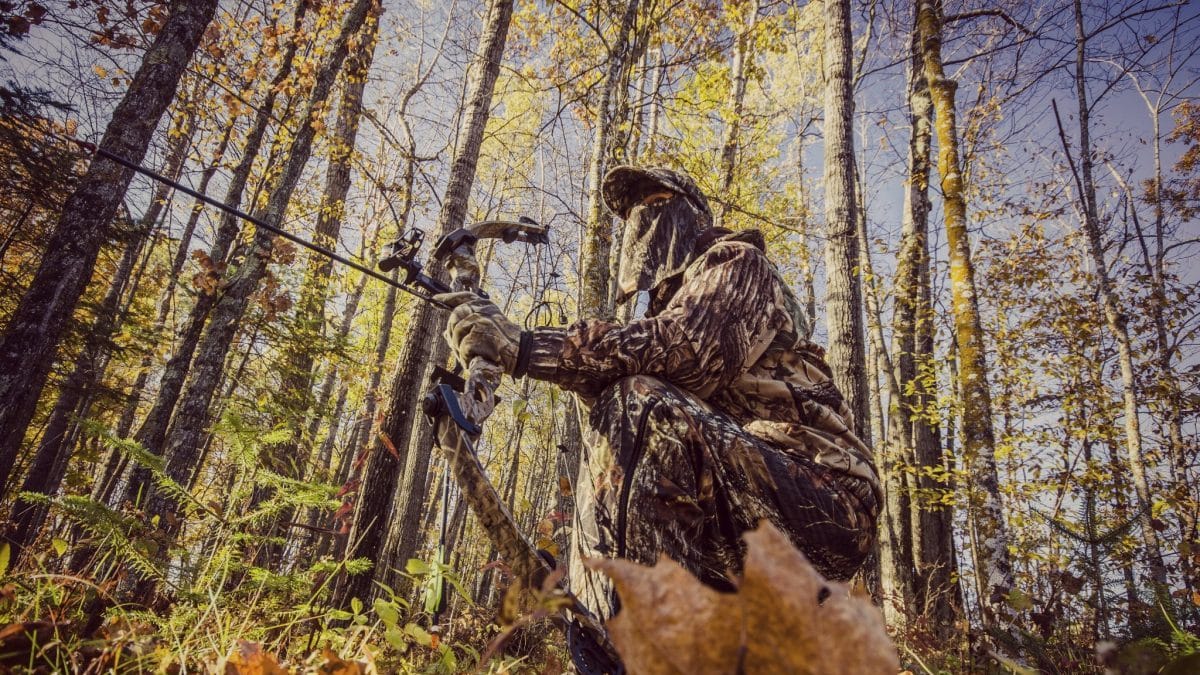There are several pieces of equipment that you will need in order to fully enjoy the experience of bowhunting. Some of these include a high-quality bow, arrows, and a sight for aiming. Additionally, it is important to have appropriate clothing and footwear that allows you to move easily through the woods or other terrain where you will be hunting. Finally, it is also important to consider wearing some type of safety gear, such as a safety harness or other protective gear in case you do accidentally get injured while out on your hunt.
If you are new to bow hunting, it is important to seek out expert guidance from experienced hunters who can teach you everything you need to know about this sport. With the right knowledge and practice, however, you can quickly become an expert bow hunter and be able to enjoy all the benefits of this exciting outdoor activity. So what are you waiting for? Get out there and start hunting today!
How do you choose the right bow for you?
There is a wide variety of bows available for hunting, and it can be difficult to know which one is the best choice for you. Some important factors to consider when choosing your bow include its draw weight, draw length, and overall weight. Additionally, you will also want to think about the type of shooting that you will primarily be doing — whether it is target practice or hunting actual game in the wild. By considering all these factors as well as consulting with experienced hunters who can offer advice and guidance, you should be able to choose a high-quality bow that suits your needs perfectly. So start shopping today and enjoy all the thrills of bow hunting!
How to practice and improve your shooting skills
In order to become an expert bow hunter, it is important to practice regularly and develop your shooting skills. There are a few different ways that you can do this, such as taking lessons from an experienced instructor, practicing in a target range, or simply going out into the field and hunting game.
Regardless of the method you choose, it is crucial to be patient and consistent in your practice. This will help you improve your accuracy and overall skill level over time, making you a more effective shooter and hunter. Additionally, it is also important to focus on proper form and technique when shooting your bow so that you can maximize your performance and minimize any potential errors or mistakes.
With dedication, patience, persistence, and practice, you can develop the skills necessary to become an expert bow hunter. So get out there and start practicing today!
Tips for hunting in different environments
When hunting in different environments, it is important to think about the specific challenges and risks that you might encounter in each setting. For example, if you are hunting in a dense forest or other wooded area, being quiet and moving carefully will help to minimize your chances of scaring off any game that you may be pursuing. Additionally, it can also be helpful to have the right equipment for navigating difficult terrain or for moving through heavy brush.
Other things to consider when hunting in different environments include scouting out the best locations for finding prey as well as planning for weather conditions and changing light levels throughout the day. By being prepared and taking these factors into account, you can greatly improve your success rate when hunting in a variety of settings.
Safety tips when out in the field
Hunting can be a dangerous activity, so it is important to always take safety precautions when you are out in the field. First and foremost, you should always let someone know where you are going and when you plan to return home so that someone can come looking for you if you do not show up when expected. Additionally, it is also a good idea to wear bright clothing or some type of signaling device so that others can easily spot you if necessary.
It is also important to be aware of your surroundings at all times and to watch out for potential hazards, such as steep cliffs, bodies of water, or other obstacles. Additionally, you should never shoot at anything unless you are absolutely certain that it is safe to do so. By following these precautions, you can help to ensure your own safety and the safety of others when out in the field.
